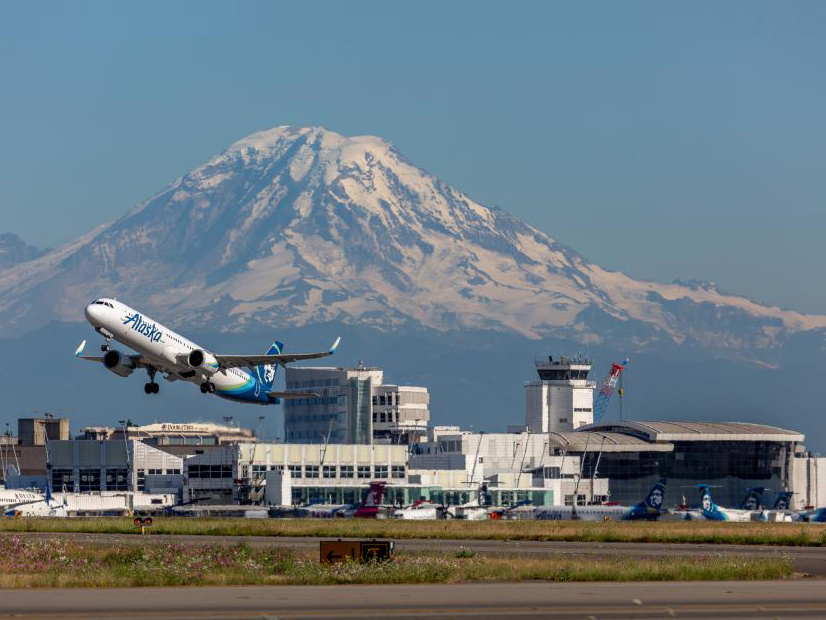A legislative effort to make Washington more attractive to the alternative jet fuel industry has reached the state Senate’s Ways and Means Committee.
The committee scheduled a Feb. 20 hearing on Senate Bill 5447 , which would set a business and occupation (B&O) tax rate of 0.275% for any plant that would produce at least 20 million gallons a year of low-carbon jet fuel. A B&O tax is a tax on a business’ gross receipts, and most B&O rates in Washington range from 0.47% to 0.9%.
Senate Majority Leader Andy Billig (D) and Rep. Vandana Slatter (D) each introduced versions of the bill in their respective chambers. It is a common behind-the-scenes legislative practice to pick one of two similar bills to send to both chambers, while letting the other stall in committee. Billig’s bill was selected to advance further in the legislature.
The Port of Seattle has expressed interest in using jet biofuels at SeaTac International Airport since 2017. Low-carbon biofuels would be mixed with existing petroleum-based jet fuels to reduce their carbon intensity.
The only existing alternative jet fuels plant on the West Coast is near Los Angeles, and the two proposed bills seek to develop a second plant in Washington. A few years ago, the predicted cost of building such a plant was at least $1 billion.
Support for SB 5447 was overwhelming at a Feb. 1 hearing before the Senate Environment, Energy and Technology Committee. Supporters included Alaska Air Group (NYSE:ALK), Delta Air Lines (NYSE:DAL), sustainable aviation fuel supplier SkyNRG, BP America (NYSE:BP), the Port of Seattle, Amazon (NASDAQ:AMZN), Washington State University and the Association of Washington Business.
Their representatives said the aviation fuels sector is difficult to decarbonize, but that the effort is needed to meet the state’s goal to eliminate most of its greenhouse gas emissions by 2050. The low tax rate will attract alternative fuel plants, they said.
At a Feb. 7 hearing before the House Environment and Energy Committee, Darrin Morgan, a representative of Netherlands-based SkyNRG, said: “We’d like a facility to be here in Washington state.”
“We have a chance to capture the market,” Slatter said. “With this bill, Washington would be a leader in this new industry.”
